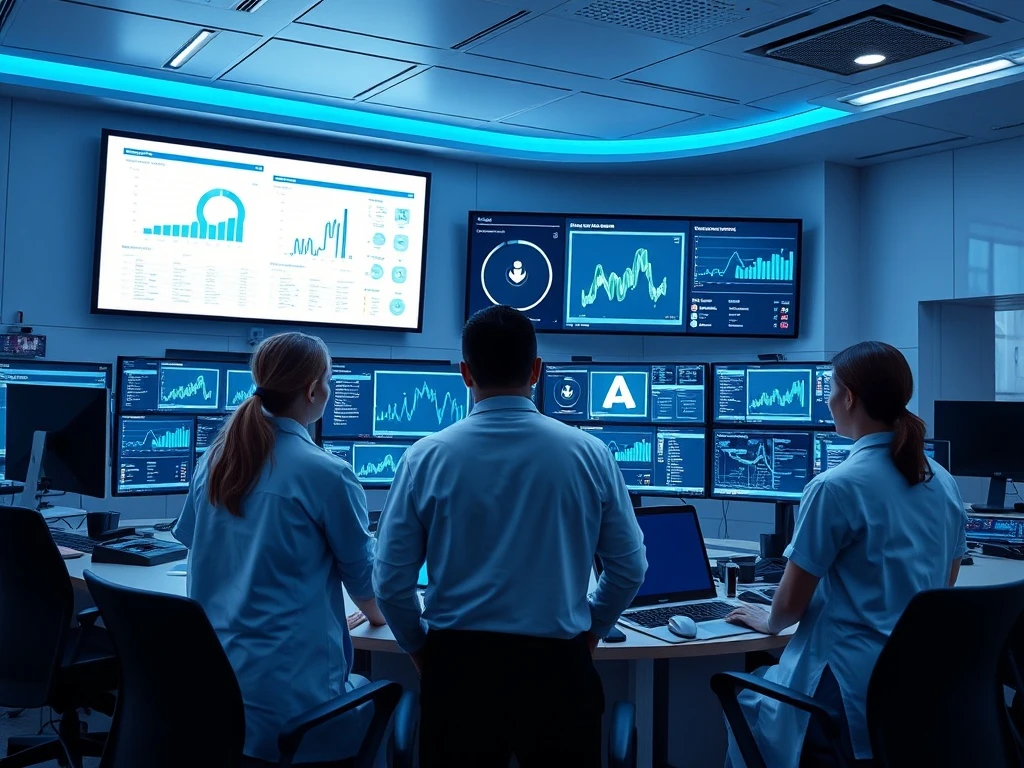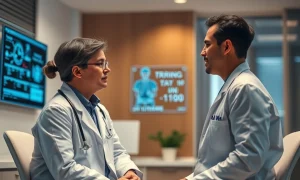Large healthcare systems face unprecedented challenges in delivering exceptional patient care while managing complex operations. Fortunately, a sophisticated hospital CRM system provides the technological foundation to transform these challenges into opportunities for growth and excellence.
Why Every Major Hospital Needs a CRM System
Modern healthcare demands centralized patient management. A robust hospital CRM system integrates disparate data sources into a unified platform. This integration eliminates information silos that plague large medical facilities. Consequently, healthcare providers gain complete patient visibility.
Building Patient-Centric Care Foundations
A hospital CRM system creates comprehensive patient profiles by combining:
- Medical history from EHR systems
- Communication logs across all touchpoints
- Appointment and treatment history
- Demographic and preference data
This centralized approach enables better care coordination. Research confirms that unified patient information reduces administrative errors significantly.
Enhancing Patient Engagement Through Automation
Modern hospital CRM systems automate personalized patient interactions. They deliver:
- Automated appointment reminders via SMS/email
- Pre-visit instructions and preparation guidelines
- Post-treatment follow-up surveys
- Personalized health education materials
These automated communications boost patient satisfaction scores by over 30% according to recent studies.
Streamlining Operational Efficiency
A hospital CRM system automates administrative tasks that burden staff. It handles:
- Appointment scheduling and management
- Patient intake form processing
- Billing and insurance inquiries
- Resource allocation optimization
This automation reduces patient waiting times and allows staff to focus on direct care. Studies show measurable improvements in operational efficiency after CRM implementation.
Reducing Financial Losses from No-Shows
Missed appointments cost hospitals millions annually. A hospital CRM system tackles this problem through intelligent reminder systems. Automated alerts sent via preferred channels reduce no-shows dramatically. One study demonstrated a 20% decrease in appointment cancellations after implementation.
Driving Growth and Patient Retention
Loyal patients contribute significantly more revenue than new ones. A hospital CRM system builds this loyalty through:
- Targeted marketing campaigns
- New patient lead nurturing
- Personalized communication strategies
- Referral program management
Statistics indicate loyal patients generate up to 50% more revenue over time.
Advanced Analytics for Strategic Decisions
Modern hospital CRM systems provide powerful analytical capabilities. They offer:
- Real-time patient trend analysis
- Service line performance tracking
- Marketing campaign ROI measurement
- Resource allocation optimization data
These insights empower administrators to make data-driven decisions for sustainable growth.
Frequently Asked Questions
What is a hospital CRM system?
A hospital CRM system is a specialized software platform that manages patient relationships, streamlines operations, and centralizes healthcare data for large medical facilities.
How does a CRM system improve patient satisfaction?
It enables personalized communication, reduces waiting times, and provides coordinated care across departments, leading to satisfaction improvements exceeding 30%.
Can a hospital CRM system reduce operational costs?
Yes, by automating administrative tasks, reducing no-shows, and optimizing resource allocation, hospitals achieve significant cost savings and efficiency gains.
How long does implementation typically take?
Implementation timelines vary but typically range from 3-6 months for large healthcare systems, depending on integration complexity and customization requirements.
What data security measures do CRM systems employ?
Reputable hospital CRM systems use HIPAA-compliant encryption, access controls, audit trails, and regular security updates to protect patient information.
Can CRM systems integrate with existing EHR platforms?
Yes, modern hospital CRM systems are designed to integrate seamlessly with most electronic health record systems and other healthcare software platforms.








